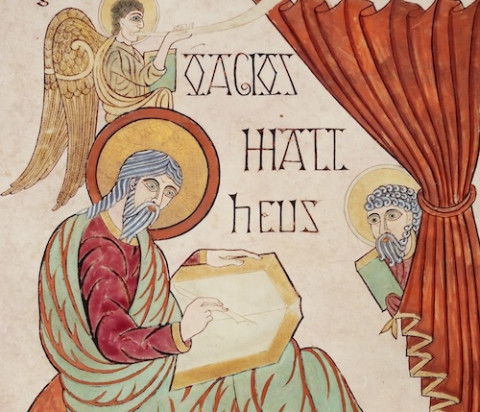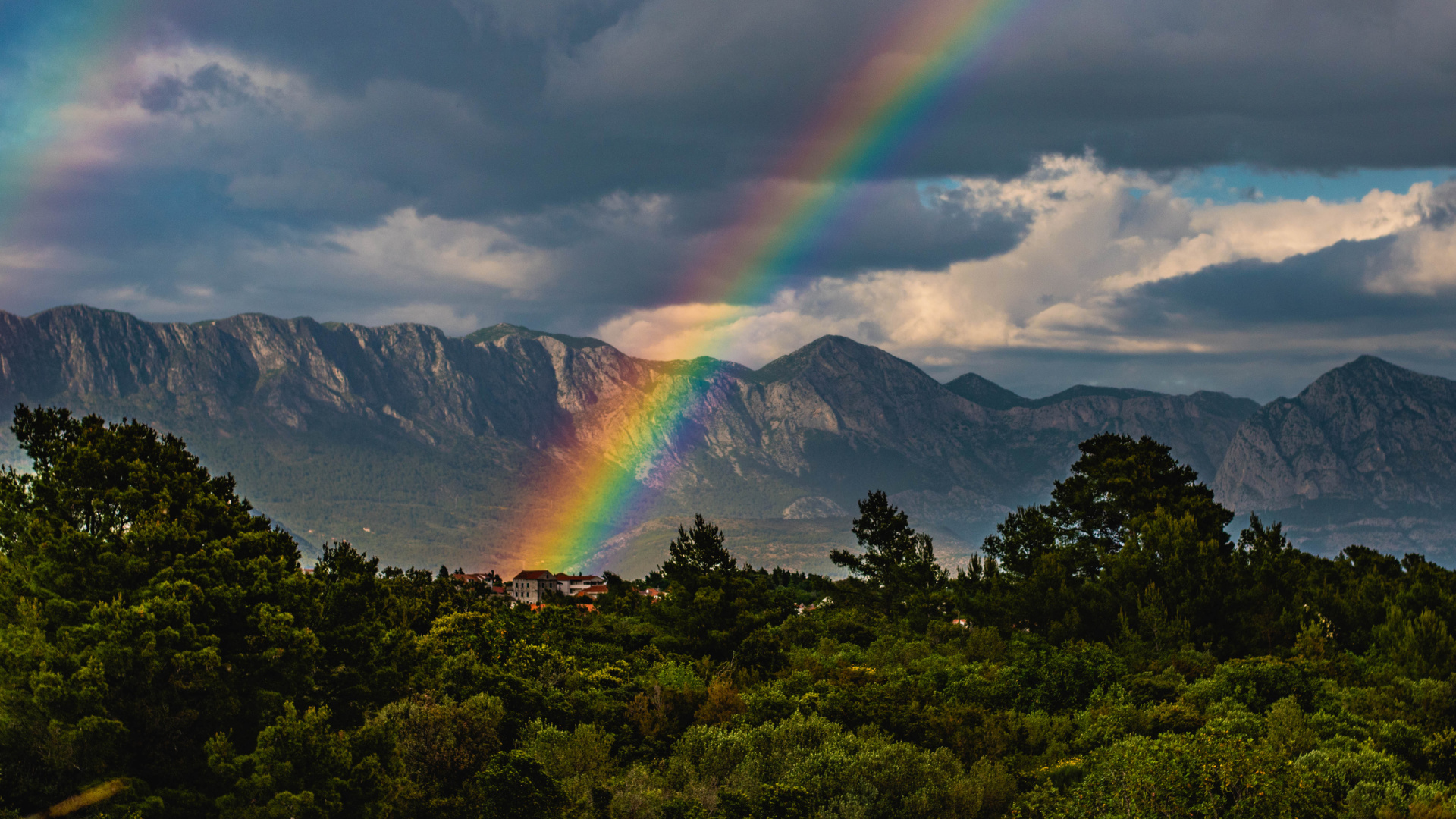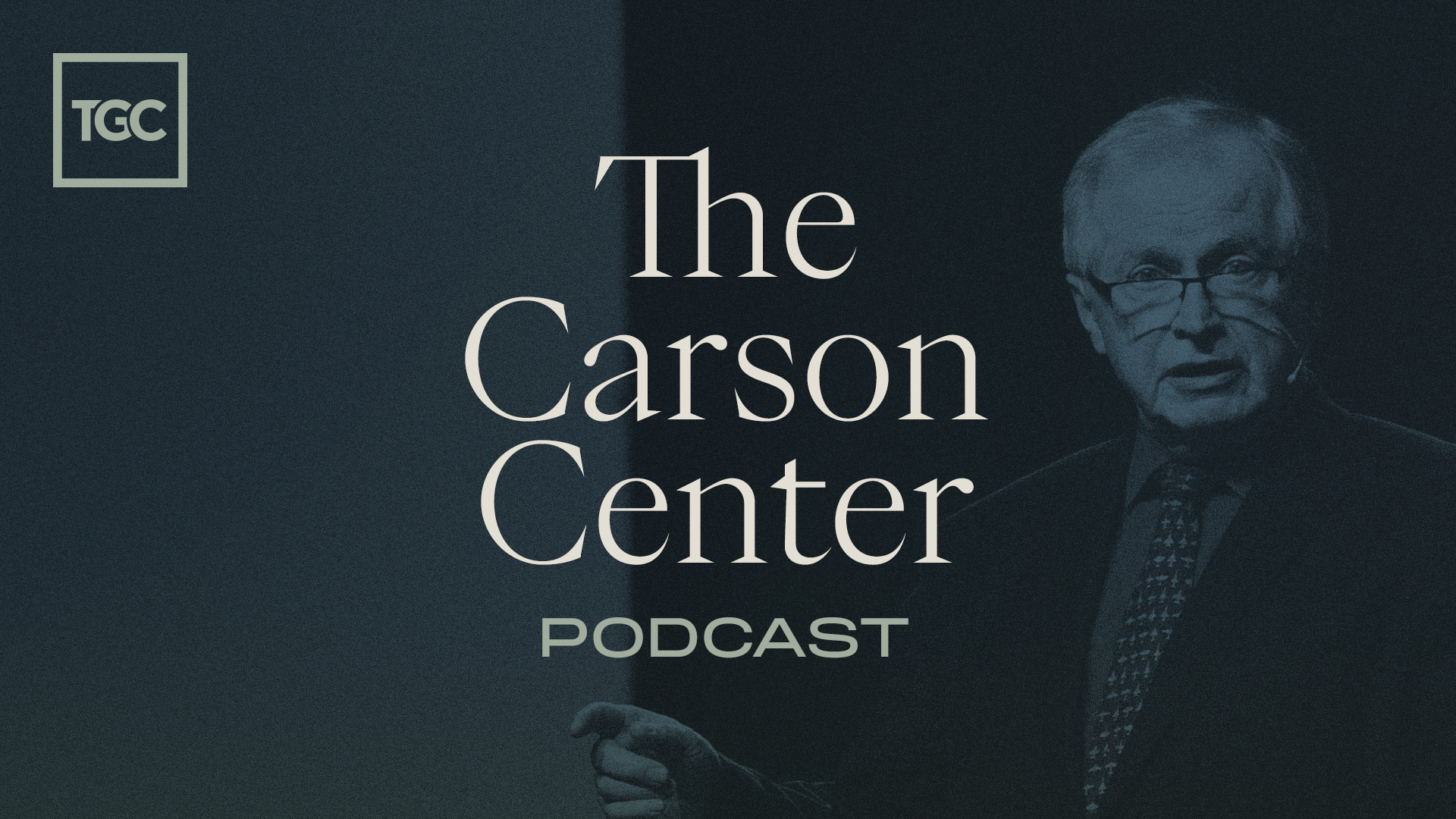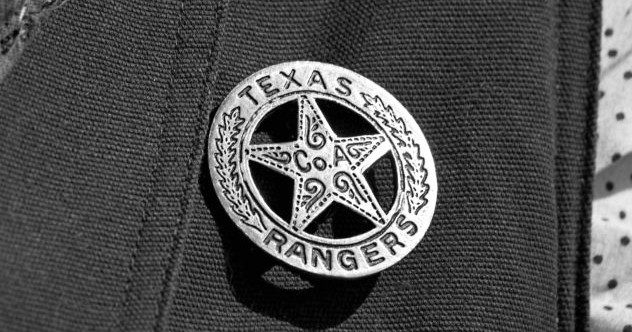
www.thegospelcoalition.org
What Is Covenant Theology?
Christians often hear and use the term “covenant theology,” but some may not know all it entails. The term is an iceberg that floats above the surface of the water with a large mass of ice hidden beneath.
This article will dive beneath the water’s surface and briefly explore the iceberg mass of covenant theology by first defining what a covenant is and then examining the three major covenants common to historic Reformed theology.
Defining Covenant
A covenant is an agreement between two or more people. This definition may change slightly depending on the context in which the term appears. Some covenants are purely promissory, such as God’s covenant with Noah (Gen. 6–9). Other covenants have mutual obligations associated with them, such as God’s covenant with Adam (2:16–17; Hos. 6:7; Rom. 5:12–21).
Even if the term “covenant” isn’t in the biblical text, a covenant can still be present. The psalmist gives a series of synonyms for “covenant” when he writes, “[The LORD] remembers his covenant forever, the word that he commanded, for a thousand generations, the covenant that he made with Abraham, his sworn promise to Isaac, which he confirmed to Jacob as a statute, to Israel as an everlasting covenant” (Ps. 105:8–10). In this passage, God makes covenants with a commanded word, sworn promise, and confirmed statute.
But not all covenants operate the same way, so what are the different types that appear in Scripture?
Covenant of Redemption
God makes covenants with a commanded word, sworn promise, and confirmed statute.
Before the foundation of the world, the Father swore an oath to appoint the Son as the covenant surety for the people of God, an oath that made the Son a priest according to the order of Melchizedek (Heb. 7, esp. v. 22). Jesus tells us of this covenant when he says to his disciples, “I covenant to you, as my Father covenanted to me, a kingdom” (Luke 22:29, author’s translation).
Theologians have called this the “covenant of redemption.” This covenant among Father, Son, and Holy Spirit constitutes the foundation of salvation for God’s people. The Father chooses the Son to serve as covenant surety, and the Father and Son determine to send the Holy Spirit to apply the Son’s work of salvation (Heb. 7:22; John 14:26; 15:26).
Covenant of Works
In the Bible’s opening chapters, God entered a covenant with Adam by commanding him and Eve to be fruitful, subdue the earth, and fill the earth with God’s glory. God also commanded Adam not to eat from the Tree of Knowledge (Gen. 1:28; 2:15–17).
Other covenantal characteristics appear in the early Genesis narrative that confirm the existence of this covenant, including God’s command not to eat from the tree, a command that anticipates the covenantal administration of God’s law (Gen. 2:16–17; cf. Ex. 20:1–17), the invocation of God’s covenantal name (Gen. 2:5; cf. Ex. 3:14), and the threat of exile (death) for violation of God’s command (Gen. 2:16–17; cf. Deut. 28–32). The creation Sabbath also points to God’s covenant with Adam: As God completed his work and rested, so Adam was supposed to work and then enter God’s eternal rest (Gen. 1:28; cf. Heb. 4).
We know, of course, that Adam broke God’s covenant. Blessedly, God sent another Adam, the covenant surety, to pay for Adam’s failure and fill the earth with God’s glory.
Covenant of Grace
Unlike the covenants of redemption and works, the covenant of grace encompasses all God’s gracious ways of dealing with fallen sinners. It begins with the first promise of salvation in Genesis 3:15, that the woman’s seed would conquer the Serpent’s head. This promise unfolds with God’s covenant with Noah (Gen. 6–9), Abraham (12:1–2) and his sons, Israel (Ex. 19), and David (2 Sam. 7:12–17; Ps. 89)—and, ultimately, with the new covenant (Jer. 31:31; Heb. 8).
Each of these covenants reveals that God’s promise, rooted in the covenant of redemption, has come to fruition through the seed of the woman, the seed of Noah, Abraham, Isaac, Jacob, Judah, and David. The branch of David has roots in eternity that stretch into the heavens of history and culminate in Jesus Christ, the Son of God, the last Adam (Matt. 1; John 1; 1 Cor. 15:45). The last Adam fulfills the broken covenant of works by paying the penalty for its fracture and by fulfilling the original commission that God gave to Adam.
The covenant of grace encompasses all God’s gracious ways of dealing with fallen sinners.
Jesus began to fill the earth with image-bearers and subdue the earth through the gospel (Matt. 28:18–19; Rev. 21–22). At the second coming, Christ will consummately fulfill the divine commission and create a cosmic temple, the new heavens and earth, where God will fully dwell with humanity and creation. If Adam’s covenant rested on his obedience, then the covenant of grace rests entirely on Christ’s obedience and suffering. In the words of poet John Donne,
We think that Paradise and Calvary,
Christ’s cross, and Adam’s tree, stood in one place;
Look, Lord, and find both Adams met in me;
As the first Adam’s sweat surrounds my face,
May the last Adam’s blood my soul embrace.
Sinners enter this covenant through the gift of faith so they can believe in the Adamic work of Jesus, the last Adam (Eph. 2:8–10). God reckons Christ’s work of righteousness to the believers’ account, enabling God’s people to stand in the presence of a holy and righteous God.
Covenant theology helps us to see the grand sweep of history as it unfolds through the Scriptures. We can see God’s promises in eternity coming to pass in history. We see God’s faithfulness to his word and the mercy that he gives us in Christ by the Spirit.










 Rumble
Rumble





